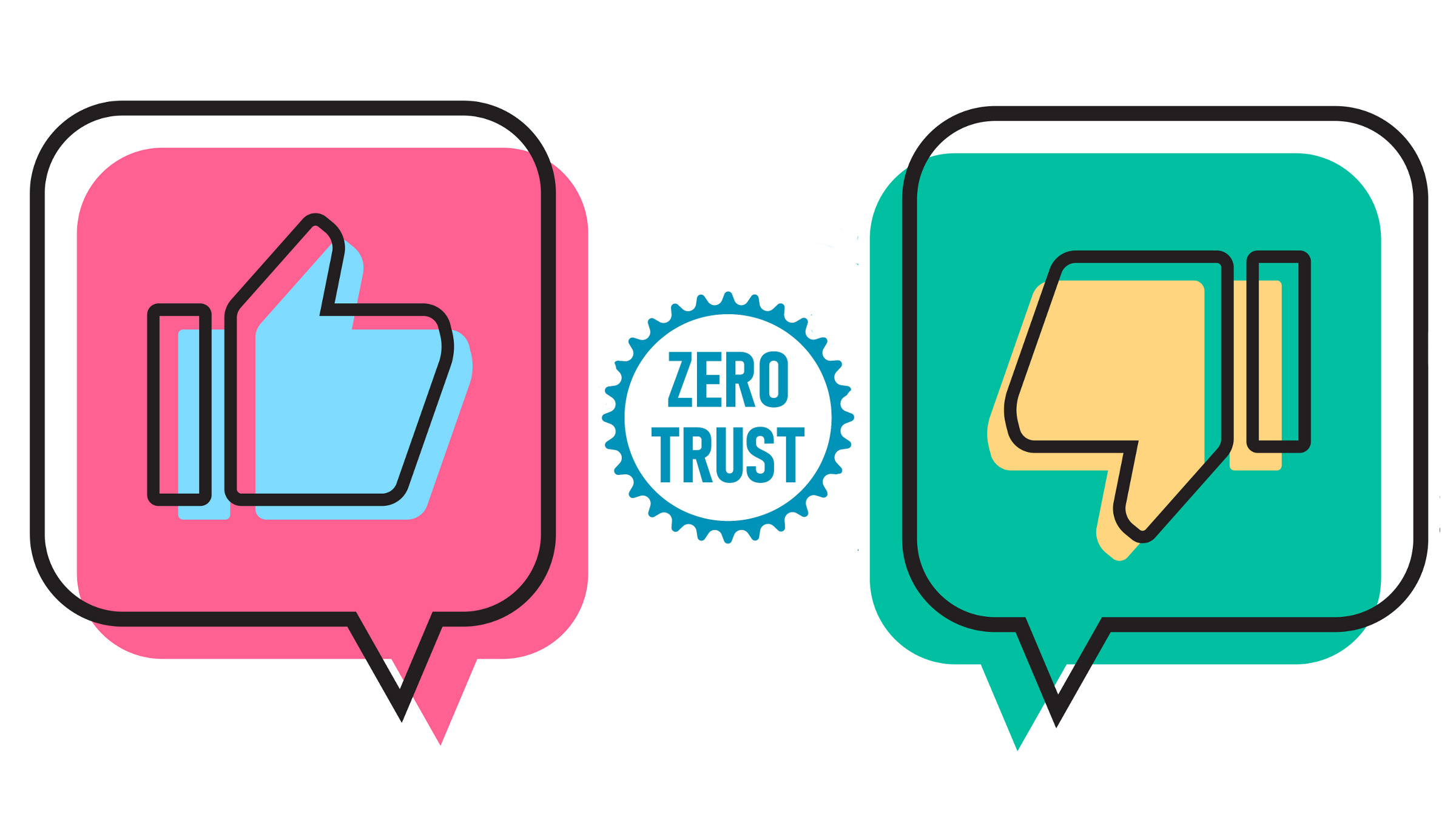
The cover photo of the June 2021 edition of Communications of the ACM depicts Jeffrey Ullman and Alfred Aho, winners of ACM's 2020 Turing Award, and editorial content in the issue celebrates this selection. As ACM and Communications are well aware, for many Iranian members of the computing community, Ullman is the face of discrimination in academia. For more than 15 years, Ullman maintained a Web page that denigrates Iranian students using demeaning and derogatory language and told them they are not welcome in the computing community because of political reasons. The text is so clear and direct that it is hard not to see it as violating ACM's Policy Against Harassment, but of course it was "just" published on Ullman's page for more than a decade rather than being delivered at an ACM event, so in ACM's eyes it does not count.
For context: shortly after the award announcement, a public letter1 signed by more than 1,200 individuals from academia and industry including over 450 ACM members condemned the decision and shared details of Ullman's discriminatory correspondence over the years. On April 19, ACM officially confirmed receiving the letter and published a response,2 in which they did not even recognize the victims and that any harm was done. In parallel to publishing celebratory content about the winners, ACM's Executive Committee (EC), upon the request of Communications Editor-in-Chief to intervene, decided to reject an Op-Ed submitted by myself and five colleagues in which we criticized ACM leadership's, in our opinion, weak and inadequate response to the "CS for inclusion" letter and proposed concrete steps to be taken to help the cause.
To summarize:
- Despite the claim that ACM EC and Communications were unaware of Ullman's long history of discriminatory rhetoric, they were officially made aware of this since mid-April;
- Yet Communications published celebratory content about Ullman two months after the award;
- In parallel, ACM EC and Communications reject (as far as we know the only) "communication" done by the community through "Communications of ACM" about such an important issue, based on the reason that "enough has been said about it already;"
- ACM still claims to hold D&I as core value,3 and that it "cannot accept any conduct that discriminates or denigrates an individual on the basis of citizenship or nationality."
Of course, Communications can come up with logistic excuses, but they cannot be relevant when it comes to any issue of such importance with more than a month left until the publication date, and evidently Communications and ACM's EC could in fact coordinate quickly when they choose to. I hope the ACM EC and Communications either will have the courage to accept the harm they furthered by Ullman's selection and Communications' celebratory coverage of it and correct their stance now that it matters most, or alternatively not claim to truly care about diversity and inclusion as core values or to be really against discrimination based on citizenship or nationality.
Mohammad Mahmoody, Charlottesville, VA, USA
Editor-in-Chief's Response:
To air community concerns raised that the June issue of Communications did not present a balanced view, we are publishing the above letter.
The ACM's official response to the letter from CSforinclusion can be found at https://www.acm.org/response-to-letter and addresses the current criteria and process for Turing award selection, and the efforts under way to improve them to live up to the values ACM has articulated.
With respect to the actions of Communications, here is a bit of context for how the production logistics of the June issue operate. For each month, final production for ~120 pages of editorial content begins approximately 10 weeks before the issue date. This content production was well under way weeks before the Turing selection was made. Shortly after the award selection is announced, an exceptional process is triggered to collect photographic and interview information to add to the "Turing issue." So this overload process, for the Turing issue and consistent with monthly publication, produced final layouts for the issue by May 1. With our physical publishers and mail delays, this is a hard constraint. The claim that logistics cannot be relevant belies the reality they are a constraint in any practical endeavor.
We regret any upset that inclusion of traditional content for an ACM A.M. Turing Award in the June 2021 issue caused but chose to do so based on the judgment to proceed in usual fashion until greater clarity emerged.
Andrew A. Chien, Chicago, IL, USA
Credit Where It Is Due
In Neil Savage's June 2021 news article "Getting Down to Basics" (p. 12) describing the work of 2020 ACM A.M. Turing Award recipients Alfred Aho and Jeffrey Ullman, I was surprised to read they were credited with the development of LEX and YACC. LEX was the work of Mike Lesk and Eric Schmidt, and YACC was the work of Stephen (Steve) Johnson (Aho provided some insight and came up with the name)—these tools were released as Unix utilities, and all three scientists were employees of Bell Labs.
David M. Abrahamson, Dublin, Ireland
Editor-in-Chief's Response:
Thanks, David.
Andrew A. Chien, Chicago, IL, USA



Join the Discussion (0)
Become a Member or Sign In to Post a Comment